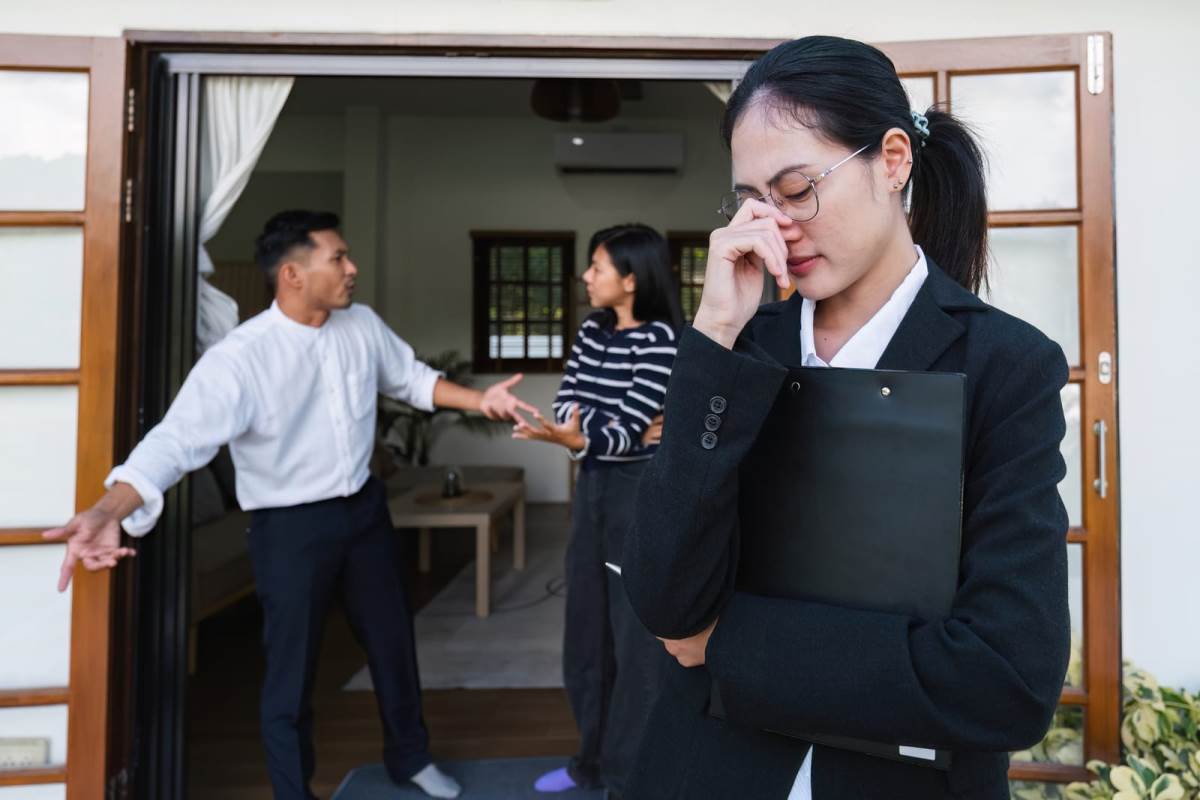Introduction
The importance of conflict management
Conflict is an inevitable aspect of human interactions. It can arise from differences in opinions, values, beliefs, and interests. Effective conflict management is essential for promoting peaceful coexistence, cooperation, and development. Conflict management techniques and skills play a vital role in resolving disagreements, reducing tensions, and finding common ground.
Interested in the role of society in conflict management? Discover our expert services to understand and leverage societal dynamics for effective conflict resolution.
The role of society in conflict management
Society plays a crucial role in conflict management. It can contribute to preventing, resolving, and transforming conflicts. By fostering a culture of tolerance, promoting diversity and understanding, and facilitating communication and dialogue, society can create an environment where conflicts are less likely to escalate and more likely to be resolved peacefully.
Society’s role in preventing conflicts
Creating an environment of tolerance
Edward De Bono, in his book “Conflicts: A Better Way to Resolve Them,” suggests that fostering an environment of tolerance is essential in preventing conflicts. He states, “Tolerance is the key to living together in a diverse world. It allows people to accept that others may have different beliefs, opinions, and values without feeling threatened or compelled to change them.” Society plays a vital role in promoting tolerance by encouraging respect, understanding, and acceptance of differing viewpoints and beliefs.
Promoting diversity and understanding
A diverse society is more resilient to conflicts. By embracing and celebrating diversity, society can create an environment that encourages understanding and respect for different cultures, traditions, and perspectives. This understanding can help prevent misunderstandings and miscommunications that often lead to conflicts.
Fostering communication and dialogue
Effective communication is crucial for conflict prevention. Society can promote open dialogue between individuals and groups, encouraging them to share their perspectives and concerns openly. This exchange of ideas and opinions can help identify potential conflicts and address them before they escalate.
Society’s role in resolving conflicts
Providing support for conflict resolution efforts
Society can provide support for conflict resolution efforts by creating platforms and resources for individuals and groups to engage in constructive discussions, negotiations, and mediation. These resources can include community centers, mediation services, and educational programs that teach conflict management skills.
Facilitating negotiations between conflicting parties
As Roger Fisher highlights in “Beyond Machiavelli: Tools for Coping With Conflict,” society can play a role in facilitating negotiations between conflicting parties. This can involve providing neutral venues for negotiations, offering mediation or facilitation services, and supporting the implementation of agreements reached during negotiations.
Encouraging the use of nonviolent means of conflict resolution
Society can promote nonviolent means of conflict resolution by raising awareness about the benefits of peaceful resolution strategies, such as negotiation, mediation, and dialogue. This can help to create a culture that values peaceful resolution over violence and aggression.
Challenges in society’s role in conflict management
Lack of resources for conflict prevention and resolution
One of the main challenges in society’s role in conflict management is the lack of resources dedicated to conflict prevention and resolution. This can result in inadequate support for conflict management efforts and a lack of access to conflict resolution services, particularly for marginalized communities.
Deep-rooted cultural, ethnic, and religious tensions
Deep-rooted cultural, ethnic, and religious tensions can pose significant challenges to society’s role in conflict management. These tensions can fuel conflicts and make it more difficult for society to address the underlying issues that contribute to these conflicts.
Political interference in conflict resolution efforts
Political interference can hinder society’s role in conflict management. This can occur when political actors manipulate conflict resolution efforts for their own gain, undermining the trust and legitimacy of these efforts.
Conclusion
Through creating an environment of tolerance, promoting diversity and understanding, and fostering communication and dialogue, society can significantly contribute to preventing conflicts. Additionally, by providing support for conflict resolution efforts, facilitating negotiations between conflicting parties, and encouraging nonviolent means of conflict resolution, society can play an active role in resolving conflicts.
However, several challenges can hinder society’s role in conflict management, including the lack of resources for conflict prevention and resolution, deep-rooted cultural, ethnic, and religious tensions, and political interference in conflict resolution efforts. Addressing these challenges requires a concerted effort from all members of society, as well as the implementation of effective conflict management techniques and strategies.
In conclusion, society plays an indispensable role in managing and resolving conflicts. By actively engaging in conflict prevention and resolution efforts, fostering tolerance and understanding, and promoting effective conflict management skills, society can create a more peaceful and harmonious world for all. By utilizing conflict management techniques, such as those suggested by Edward De Bono in “Conflicts: A Better Way to Resolve Them” and Roger Fisher in “Beyond Machiavelli: Tools for Coping With Conflict,” society can work towards reducing conflict and creating an environment that supports peaceful resolution and collaboration.
FAQ
What is the role of society in conflict management?
Society plays a crucial role in both preventing and resolving conflicts by fostering an environment of tolerance, promoting diversity and understanding, encouraging communication and dialogue, providing support for conflict resolution efforts, and facilitating negotiations between conflicting parties.
How can society prevent conflicts?
Society can prevent conflicts by creating an environment of tolerance, promoting diversity and understanding, and fostering communication and dialogue between different groups or individuals.
What is society’s role in resolving conflicts?
Society contributes to resolving conflicts by providing support for conflict resolution efforts, facilitating negotiations between conflicting parties, and encouraging the use of nonviolent means of conflict resolution.
What are the challenges in society’s role in conflict management?
Challenges include the lack of resources for conflict prevention and resolution, deep-rooted cultural, ethnic, and religious tensions, and political interference in conflict resolution efforts.
How can society overcome the challenges in conflict management?
Society can overcome challenges by engaging all members in conflict prevention and resolution efforts, fostering tolerance and understanding, promoting effective conflict management skills, and utilizing conflict management techniques and strategies from experts like Edward De Bono and Roger Fisher.
What are some recommended books on conflict management?
Two recommended books on conflict management are “Conflicts: A Better Way to Resolve Them” by Edward De Bono and “Beyond Machiavelli: Tools for Coping With Conflict” by Roger Fisher. These books provide valuable insights and tools for addressing and resolving conflicts effectively.
What are some examples of conflict management techniques?
Conflict management techniques include active listening, assertive communication, empathy, problem-solving, negotiation, and mediation. These techniques can help resolve conflicts in various settings, including the workplace, teams, and society as a whole.
















